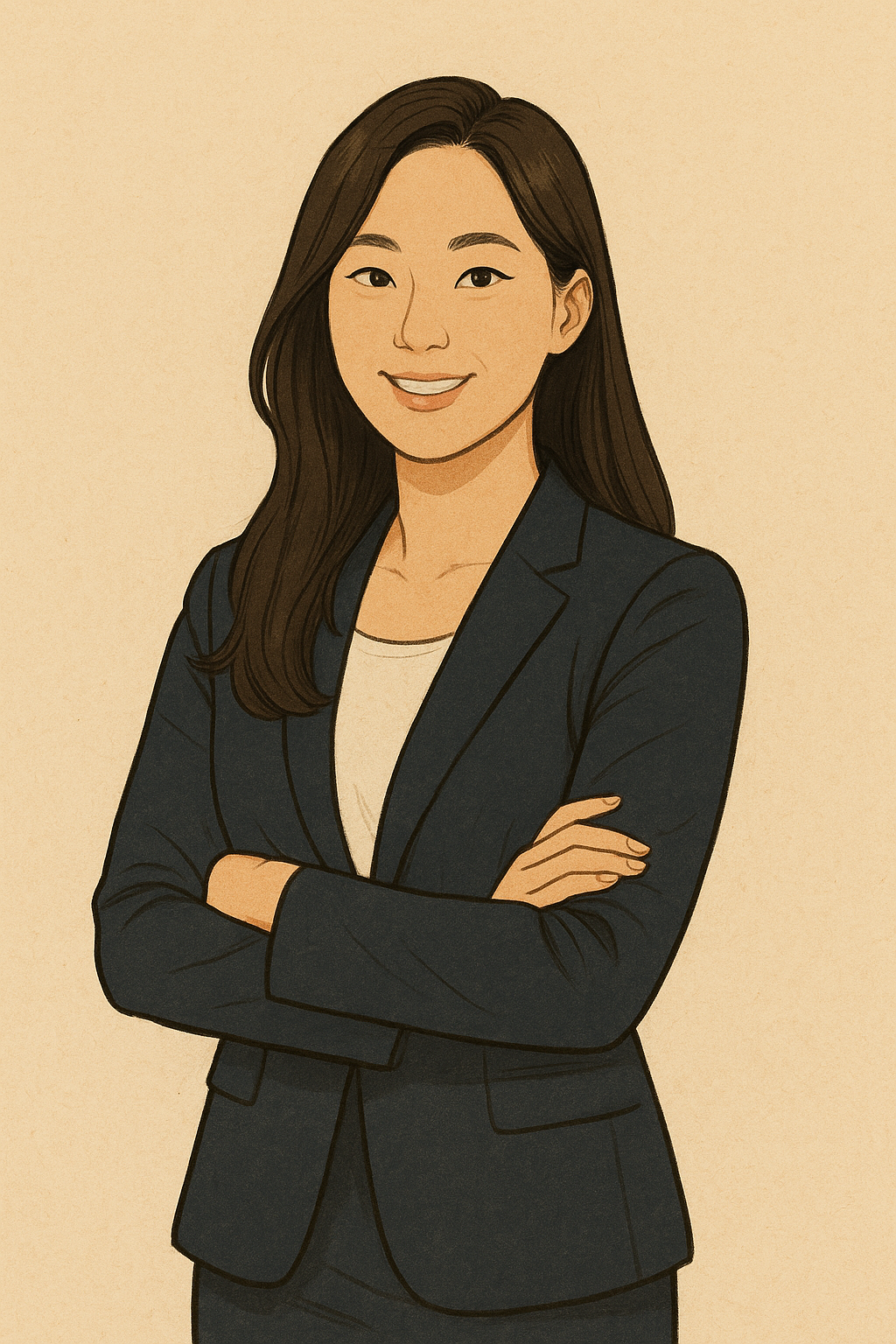** Hardy joined English Fella through a government training program and spent six months studying English with us. During her stay, we were impressed by her dedication to both study and daily life, and we felt her story would inspire many others. That’s why we prepared this interview. We sincerely thank Hardy for taking the time to share her experience.

Q. What motivated you to decide on a six-month language training program, and what goals did you have?
A. I had visited the Philippines three times before, and I found the people kind and welcoming. Since English is widely used here, I thought it would be a great place to study. My main goals were to improve my speaking skills and to overcome my fear of using English.
Q. Among many schools, what was the biggest reason you chose English Fella?
A. I heard that the meals were diverse and delicious. Also, unlike most academies that are located in single buildings, Fella has a town-style campus with many convenient facilities, which I really liked. On top of that, it’s easy to change classes or teachers if needed, and the managers are very supportive.
Q. How satisfied were you with the class formats (1:1 lessons, group classes, etc.)?
A. I was very satisfied.
Q. Which area of English did you find most helpful during your stay?
A. Speaking was definitely the most helpful.
Q. Was there a particular area of English you felt was especially necessary for your work?
A. In my job, I often meet foreigners. Although most Koreans receive at least 12 years of formal English education in school, many still freeze up in front of native speakers—and I was the same. That’s why I wanted to focus on speaking more than anything else.
Q. Was there a teacher or class that left a strong impression on you?
A. I studied with almost all of my assigned teachers until the end without requesting changes. Every teacher left a good impression, but T. Maj stands out the most. She was my grammar teacher. Learning grammar is already difficult in Korean, and even more so in English. Despite the challenge, she explained things patiently two, three, even more times when I struggled to understand. One day, I asked her questions because I had finally started enjoying grammar. She said, “I’m happy because you’re enjoying and taking interest in this,” and I saw tears in her eyes. That moment remains especially memorable to me.
Q. After completing six months, what changes or progress do you personally feel?
A. I used to worry a lot because I had never enjoyed studying English before. But at some point, I began to understand my teachers and could express my own thoughts in English. I also noticed that I no longer shrank back when talking with locals or staff in the cafeteria. That’s when I truly felt my progress.
Q. You spent quite a long time in Cebu. How did you spend your free time after class or on weekends?
A. After class, I usually used Fella’s facilities or joined programs. I spent time with friends from different countries at the swimming pool or gym, which naturally made me use more English. I also joined the Zumba classes every Monday, Wednesday, and Friday. On weekends, I traveled to nearby islands like Bohol, Siquijor, Bantayan, and Camotes.
Q. Before coming here, what kind of perception did you have about Philippine English, and how did it compare to your actual experience?
A. I had the prejudice that the accent would be too strong or influenced by Tagalog. But at the school, I saw how the teachers constantly studied, improved, and worked hard on themselves. I realized there was no need to hold such preconceptions.
Q. If you were to recommend Fella’s program to your colleagues in the public sector, who would benefit the most?
A. I would strongly recommend it to those who struggle with speaking. The PIC course in particular is great because it offers many one-on-one classes, giving students plenty of chances to speak and overcome their fear of English.
Q. If you had to describe your experience before and after the program in one word, what would it be?
A. A question mark and an exclamation mark. Before coming, my head was full of doubts like, “Can I do this?”, “What if I want to quit?”, “What if I don’t improve after all this?” But now, as I near the end, I feel more like, “Let’s give it a try!”, “Let’s just say it!” I’ve definitely become more proactive.

(Hardy’s biggest leisure activity in Cebu was diving.)
Q. Lastly, if you could summarize your training in one sentence, what would it be?
A. I used to think that language training was only for college students or young people. Since I had already been working for a long time, I thought it was too late and unnecessary for me. Even people around me questioned whether I needed it. But through this program, I not only improved my English but also learned more about myself and felt my world expand. To anyone hesitating, I would say: you’ll never know unless you try—so take the challenge.
Additionally, since this was my first time living abroad (aside from short trips), I was very worried. Thanks to the care of the managers, I was able to complete my stay without any major problems. They often checked on me when I wasn’t feeling well, even more than my mom would, and accompanied me to the hospital when necessary. I’m truly grateful for that. At some point, I even thought: if I ever have children, I’d love to come back here with them so they could also study English. That’s how enjoyable my stay was. I sincerely wish the managers good health and happiness.
P.S. If possible, please share this with the CEO.
I’m very grateful, especially because the dining service was run with so much care and sincerity. Thanks to that, I never once missed my mom’s cooking—I enjoyed every single meal.☺️
